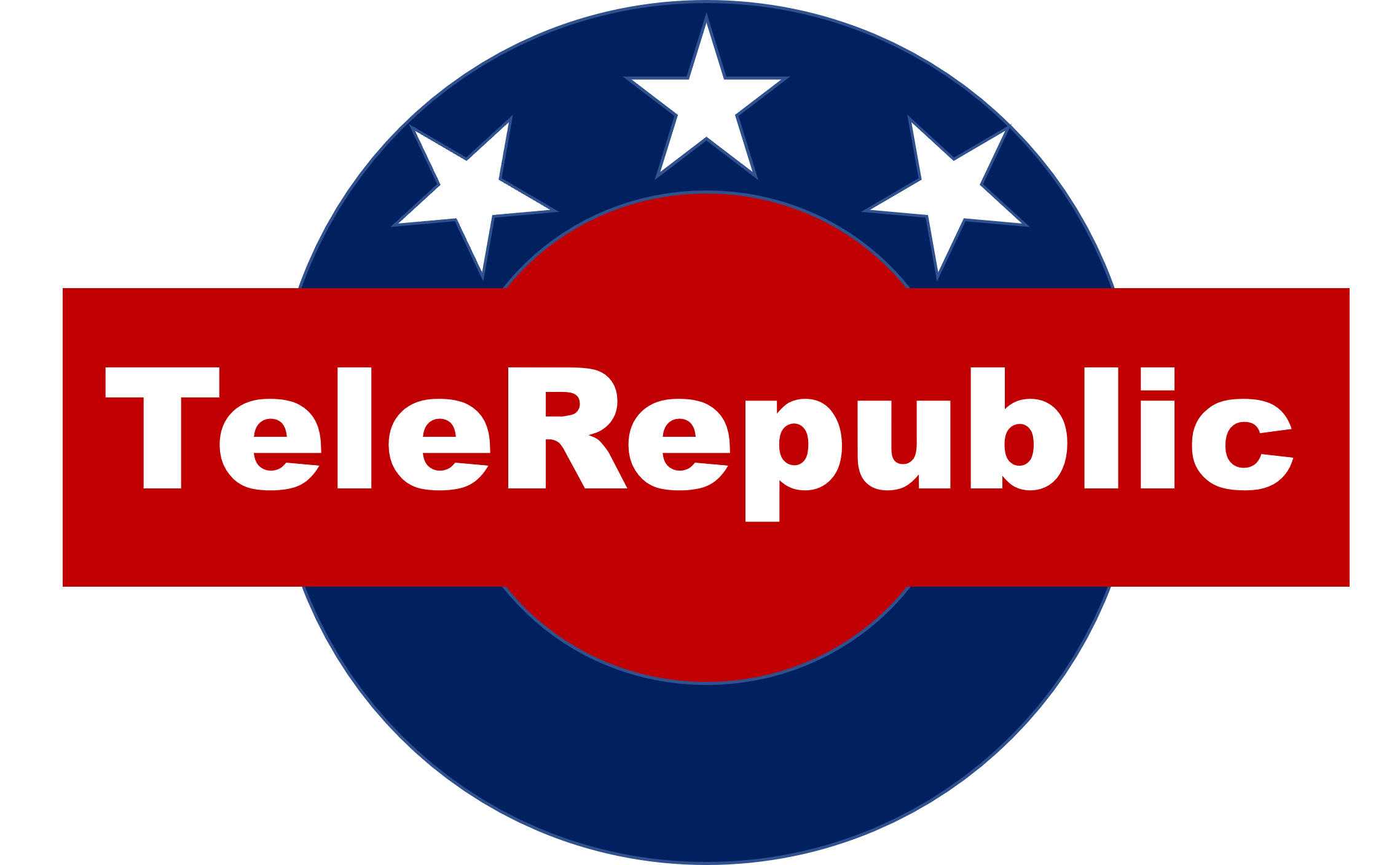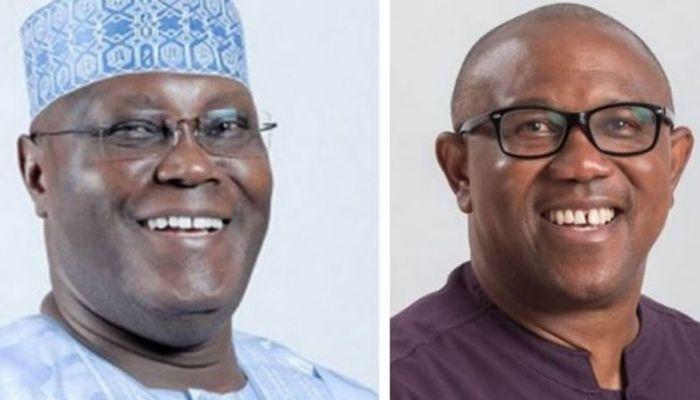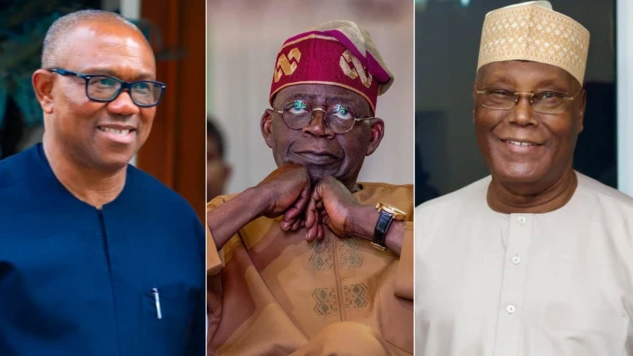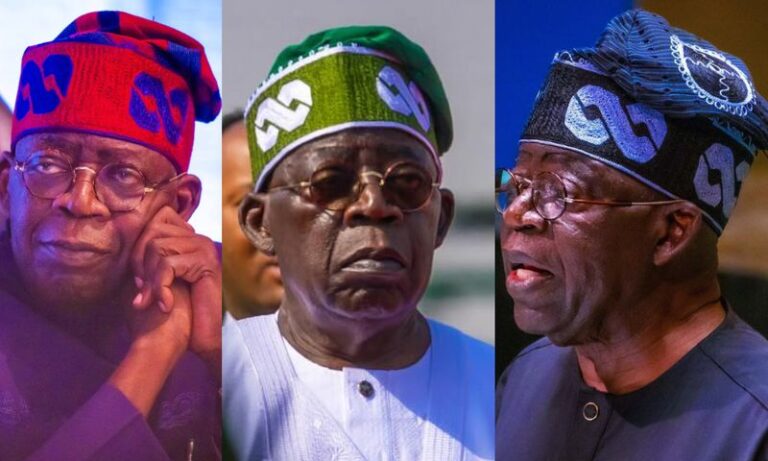As Nigeria faces a worsening economic crisis, soaring inflation, youth unemployment, and a deepening public disillusionment with government, the 2027 general elections are shaping up to be one of the most consequential in the country’s democratic history. Against this backdrop, opposition forces must decide whether they will repeat past mistakes or seize a historic opportunity to truly challenge the status quo.
Recent speculation about a possible Peter Obi–Atiku Abubakar ticket has been firmly debunked by the Obidient Movement, which issued a clear press release on May 19, 2025, stating that Peter Obi has not accepted any offer to be a running mate in any coalition and remains firmly with the Labour Party. The statement also reaffirmed Obi’s commitment to tackling the core issues of bad governance and building a united front—not for the sake of political power—but for national transformation.
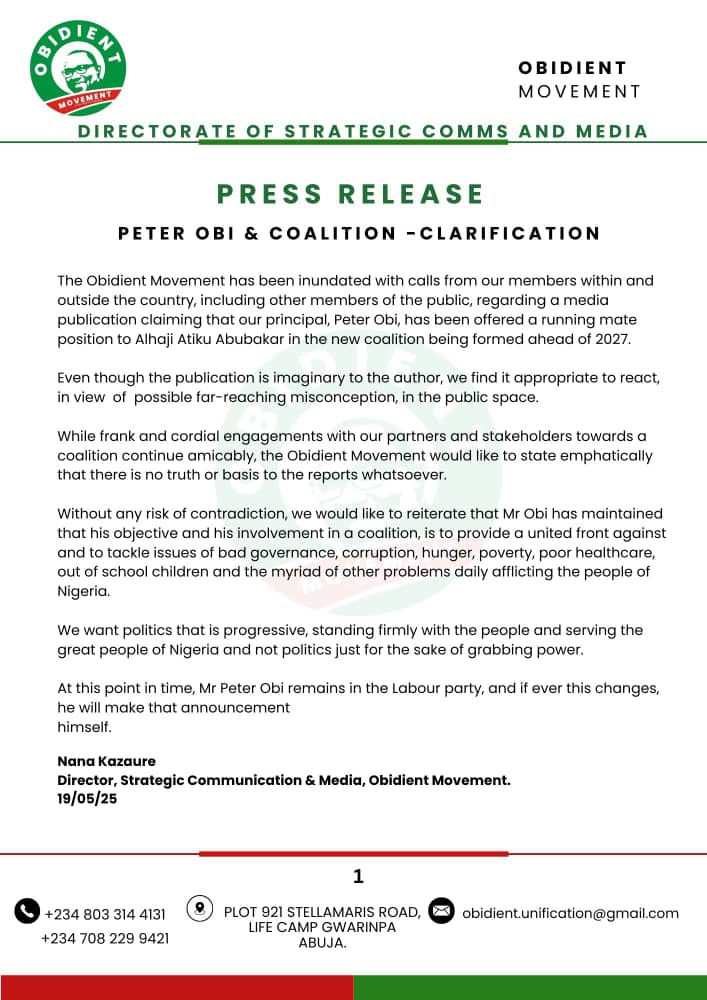
But this clarification should not just be seen as a rebuttal of rumors. It is a strategic inflection point. In light of Nigeria’s current socio-political trajectory, this moment demands a bold realignment: Atiku Abubakar should not run for president in 2027. Instead, he should back Peter Obi as the only candidate capable of defeating Bola Ahmed Tinubu.
Here’s why.
1. Obi Represents a Paradigm Shift, Atiku Represents the Past
Peter Obi’s 2023 campaign galvanized millions of previously disengaged voters—urban youths, technocrats, first-time voters, and middle-class Nigerians—creating a political coalition unlike any seen in the Fourth Republic. He did not rely on godfathers or ethnic bargaining. Instead, he ran on competence, transparency, and governance.

In contrast, Atiku is a relic of the old order—having run for president six times and lost five. His political capital has depreciated, and his brand no longer excites Nigerians seeking real change. His familiarity is no longer an asset—it is a liability. As the 2023 election showed, voters are exhausted by recycled elites.
2. Political Theory: Realignment Favors Obi
From a political science perspective, Nigeria is undergoing what scholars call a political realignment—a tectonic shift in voter behavior and allegiances. The 2023 elections proved this: Obi shattered the traditional North-South binary and built a coalition based on issues, not identities.
Voter Realignment Theory
In political science, realignment theory describes dramatic shifts in political coalitions. Nigeria is currently undergoing such a transition:
- Atiku and Tinubu draw from the old political order — elite-centric, ethnically-leveraged, transactional, and religion-based.
- Peter Obi taps into an emerging coalition — youth-driven, issue-focused, ethnically plural, and digitally native.
This reflects a growing generational and ideological shift, especially post-#EndSARS. Obi represents a paradigm break, not just a candidate.
🗣️ Philosopher Antonio Gramsci said: “The old world is dying, and the new world struggles to be born.” Obi represents that struggle.
Atiku, like Tinubu, represents the Red Ocean of old-school elite competition. Obi, on the other hand, has created a Blue Ocean—an uncontested political space driven by disillusioned voters and non-traditional actors. His appeal cuts across region, religion, and class.
Nigeria’s political terrain is undergoing a generational and ideological shift. Peter Obi’s campaign in 2023 galvanized millions—particularly young Nigerians, the urban middle class, and first-time voters—forming what political scientists call a realigning coalition. These are not just voters; they are a movement.
This movement marks a rejection of old-style transactional politics and a push for meritocracy, competence, and accountability. Obi represents a new kind of politics, while Atiku represents continuity with the past.
As the Obidient Movement rightly said, “We want politics that is progressive, standing firmly with the people… not politics just for the sake of grabbing power.”
This is the language of a movement, not a political machine—and that is what scares Tinubu’s camp the most.
3. Strategic Risk: Obi as Atiku’s Running Mate Will Re-elect Tinubu
There is no political calculus where Peter Obi as Atiku’s vice-presidential candidate defeats Tinubu. In fact, such a pairing is guaranteed to fail for several reasons:
- Loss of momentum: Obi’s support base would see this as a betrayal of the values he represents. Many would withdraw their support entirely, disillusioned by a return to transactional politics.
- Overlap of voter base: Atiku and Tinubu both appeal primarily to Northern and establishment blocs. A joint ticket would split the opposition vote and consolidate Tinubu’s support in the South-West.
- Mobilization collapse: The Obidient Movement—a rare organic political force—would fracture or resist participation in a PDP-led ticket that is being influenced by FCT Minister Nyesom Wike.
Electoral Psychology: Obi Is the High-Contrast Candidate
Modern elections are won not just by ideology, but by contrast. Obi offers a stark difference to Tinubu—a fresh, humble, technocratic figure with clean hands.
Atiku, being of the same generation and political DNA as Tinubu, blurs the contrast. He cannot inspire the youth, mobilize the diaspora, or command the moral high ground. A ticket led by Atiku with Obi as VP would alienate Obi’s core base, depress turnout, and hand Tinubu an easy win.
Why Peter Obi Can Win Hearts (Unlike Atiku)
Narrative Power: “I was governor and left money in the treasury” versus “I privatized everything” or “I built Lagos with alpha contractors”
Authenticity Bias: Voters increasingly value perceived sincerity over sophistication. Obi speaks simply but clearly — “cut cost of governance,” “invest in health,” etc.
Contrast Theory: In psychology, people make decisions by contrasting choices. Obi is high contrast to Tinubu. Atiku is not.
Rather than strengthening the opposition, such a move would neutralize its most dynamic component.
4. Socio-Economic Conditions Favor a High-Contrast Candidate
Tinubu’s presidency has seen soaring inflation, currency devaluation, subsidy removal chaos, and declining real incomes. Nigerians are angry—but they won’t vote for someone they view as similar to Tinubu.
Obi’s economic message is technocratic, ethical, and simple: cut cost of governance, invest in human capital, and fight corruption with institutional discipline. In contrast, Atiku’s brand of liberal economics and history of privatization lacks credibility in a climate of public pain.
Economic Realities Demand a Technocrat, Not an Oligarch
Tinubu’s administration has presided over economic hardship: rising inflation, fuel subsidy fallout, insecurity, and food crises. This moment requires a leader with economic clarity, fiscal prudence, and a technocratic mindset.
Obi’s record in Anambra—saving funds, investing in education, and reducing debt—is unmatched among contenders. Atiku, despite his business credentials, carries the baggage of Nigeria’s controversial privatization era.
Under Tinubu’s administration:
- Naira has crashed, inflation near historic highs
- Fuel subsidy removal and FX liberalization without shock absorbers has worsened poverty
- Rising insecurity, youth unemployment, and public distrust
This gives Obi ammunition as a candidate who warned against reckless macroeconomic decisions and champions frugal governance and institutional reform.
🏛️ In political philosophy, John Locke argued that when a government becomes injurious to the people’s well-being, the social contract is broken. Obi becomes the “restorer” of this broken contract.
5. The Smart Business Move: Support Obi, Influence Power
From a strategic business standpoint, Atiku’s best move now is not to contest, but to invest his political capital in Peter Obi’s candidacy:
- He can negotiate for influence, not office—policy input, key appointments, regional balancing.
- He can preserve his legacy, avoiding yet another electoral defeat.
- He positions himself as a kingmaker, not a king—something Nigerian history respects more than perpetual candidacy.
Blue Ocean Strategy vs Red Ocean
– Atiku vs Tinubu: Red Ocean
Both are competing for the same electorate — Northern conservatives, Muslim blocs, political godfathers, and transactional elites. This is a saturated, bloodied space with minimal growth.
– Peter Obi: Blue Ocean
Obi targets a new, underserved market:
- Educated middle-class voters
- Disillusioned youths (70% of population)
- Diaspora and progressive intelligentsia
- Women, first-time voters, religious minorities
🔍 Blue Ocean Strategy: Create uncontested market space and make competition irrelevant.
Using Blue Ocean Strategy, Obi has created an uncontested political space by appealing to previously neglected voters. Atiku and Tinubu are locked in a “Red Ocean” battle—old alliances, same voter bases, diminishing returns.
Peter Obi is not just another contestant—he’s the only one offering a value innovation: integrity, data-driven governance, and a non-tribal approach to nation-building. Atiku’s entry into the race risks splitting the opposition and handing Tinubu a second term.
By running an issues-based campaign, Obi introduces value innovation in Nigerian politics — marrying ethics with economic competence.
This is a blue ocean alliance, not a zero-sum struggle.
6. Zoning and Equity: It’s Time for a Southern President Again
Nigeria’s zoning tradition—an informal agreement to alternate power between North and South—is vital for national cohesion and stability. It is a political acknowledgment of Nigeria’s plural identity.
- In 2015, power shifted to the North with Buhari.
- In 2023, Tinubu (South-West) emerged, continuing Southern leadership.
- The 2027 election demands that the presidency be zoned to the south..
Supporting Peter Obi, a Southerner from the South-East, is not just strategic—it’s a moral and constitutional obligation to equity.
The rotation of the presidency will eventually return back to the north in the 2031 election.
To ignore zoning now and field another Northern candidate like Atiku would shatter the fragile national consensus and risk political instability.
Conclusion: Back Obi, Beat Tinubu
To defeat Tinubu in 2027, the opposition must rally behind a candidate who is authentic, competent, and different. That candidate is Peter Obi—not Atiku Abubakar.
Unlike Atiku, Obi has:
- Low political toxicity — he’s more acceptable to fence-sitters and moderates
- Pan-Nigerian appeal — SE, SS, parts of NC, youth in NW and SW
- Diaspora influence — funding, tech support, advocacy
Atiku, despite multiple runs, has a negative saturation point; his brand has become more of a liability than a fresh alternative.
Supporting Obi is not a concession. It is a strategic recalibration—a realization that politics is not about seniority or entitlement, but about momentum, messaging, and mass mobilization.
To defeat Tinubu, Nigeria needs:
- A high contrast candidate, not a similar archetype.
- A bottom-up movement, not top-down elite negotiations.
- Someone who represents competence over cronyism.
- A new coalition of voters, not a recycled one.
- A campaign that rebuilds belief, not just wins elections.
Peter Obi uniquely embodies these.
If the goal is to rescue Nigeria from its current downward spiral, then 2027 cannot be another rerun of 2019 or 2023. It must be a real reset.
It is time for Atiku to pass the torch—not to extinguish the light of reform, but to ensure it finally reaches the people.
